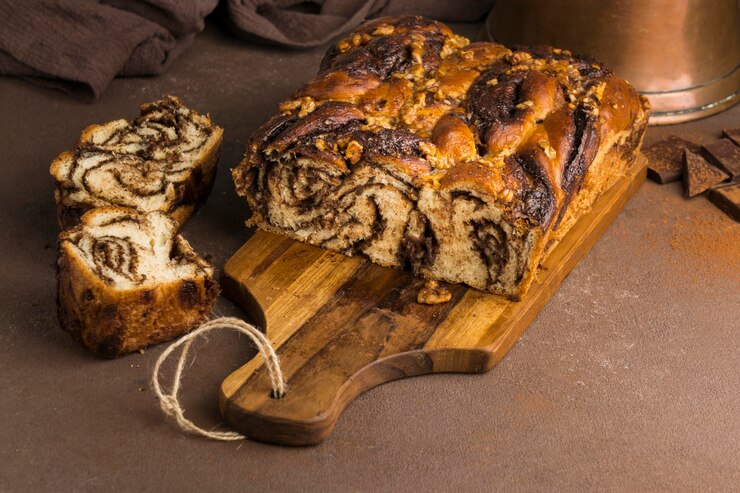 Family stories don’t last forever. I’ve noticed when I chat with readers about my book, conversation usually leads to whether they have many of their own family stories. If their Ukrainian ancestors immigrated to Canada around 1900, it seems not many family stories remain. Why is that? Maybe no one bothered to write down their grandparents’ or parents’ stories. And now those family members have passed on . . . Admittedly, one of the challenges Ukrainians had is that most of them could not read or write in any language when they came to Canada. They’d been subjugated for so long by other nationalities - basic education wasn’t widely accessible. Girls were least likely to get any amount of education. In his book, Ukrainians in Canada - The Formative Period: 1891-1924 (1991), Martynowych wrote that only 15% of Galicians could read or write before coming to Canada; this contrasted with an 85% literacy rate enjoyed by the rest of the population at the time. Immigrants would have to wait for their children to learn how to read and write in Canadian schools before their stories would have an opportunity to be recorded. A change in daily spoken language would also need to occur. My father’s family was quite small because his grandparents had lost several children in infancy in the old country, and to this day, our paternal family reunions are small too. My father passed away in 1985 but we still remember the stories he told us: about our our grandparents toiling away for estate owners, their desire to have a farm of their own, and the importance of education. He also spoke of how musically inclined my grandmother was, her amazing singing voice, and about how much she loved her Church. Unfortunately, there were also stories about financial and land loss due to illness in the family before the advent of publicly funded health care in Canada. The Nykoluk family is fortunate: my (late) sister Maryanne took an interest in recording our family stories by way of visiting with my Aunt Vi. They’d developed a close friendship, both living in Winnipeg before Aunt Vi passed away in 2012. My Aunt had a very good memory for dates and when I started searching for documentation of our ancestry, it became apparent how useful this was. This helped to confirm the records I’d found, did in fact, belong to our grandparents. My sister wrote down Aunt Vi’s stories in a simple notebook, which she photocopied for me when I was writing my novel. Nothing fancy at all, but entirely useful! Even now, the importance of paper records is emphasized by genealogists since online documents may be subject to the perils of software updates or file losses into cyberspace. Who in your family knows where these records are? Have you shared them widely enough? We always thought we didn’t know much about our ancestry but family reunions changed that. I still have some older cousins who knew both of my grandparents (before they passed away in 1947 and 1957). From their own childhood memories, they’ve related many stories; every time we get together, a new story nugget rises up and we all gain a clearer idea of our grandparents’ lives. Clearly, our reunions helped us to preserve our family stories. One of the best things about writing my historical fiction novel Heart Stones was my cousins’ reactions to some of the scenes. For example, I’d placed my grandmother and her two infant children in two different WWI refugee camps. After reading my book, my cousin offered that our grandmother had been in nine different war camps, not just two. Well, I found that most interesting. He also stated that our grandmother was far more superstitious than I characterized her in my novel, which I also found valuable to know. Do you have enough family stories to write a novel? Probably. Have you even written your family stories down? My curiosity, and desire to fill in gaps of my knowledge, eventually led me to write a historical fiction novel called Heart Stones: A Ukrainian Immigration Story of Love and Hope, which was published in mid-February 2023. Visit my website for more details about Heart Stones, book reviews and bookstore, my media interviews and events, and more blog posts. While there, you can download Chapter One from my book, it’s absolutely free! www.christinenykoluk.com Follow my author journey on my Facebook account: https://www.facebook.com/christinenykolukauthor/ Dyakuyu! References: Martynowych, O. 1991. Ukrainians in Canada – The Formative Period: 1891-1924. Edmonton: University of Alberta - Canadian Institute of Ukrainian Studies Press.
0 Comments
Your comment will be posted after it is approved.
Leave a Reply. |
Subscribe!Subscribe to my email newsletter so that you don't miss any blog posts! Your details will not be passed on to a third party and you can unsubscribe at any time.
Welcome...I'm Christine Nykoluk, author of Heart Stones, produced through FriesenPress and now available for purchase. TopicsArchives
June 2024
|
 RSS Feed
RSS Feed
